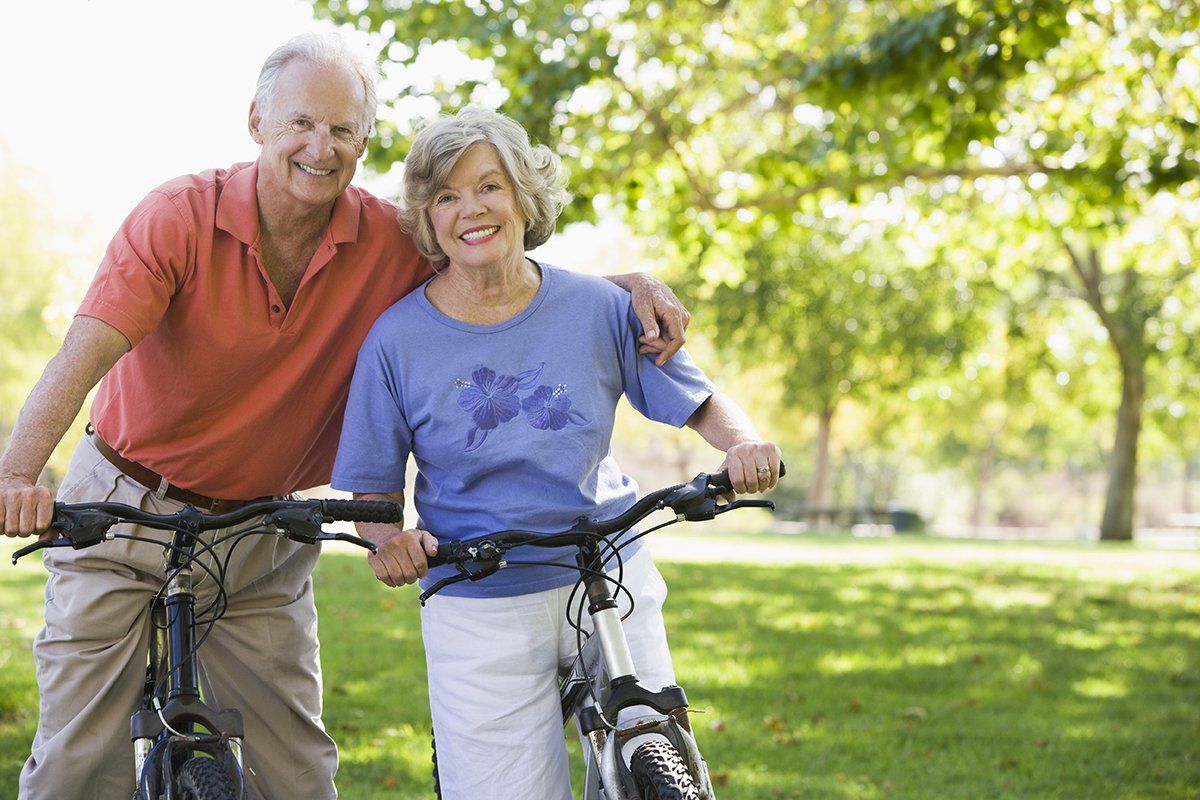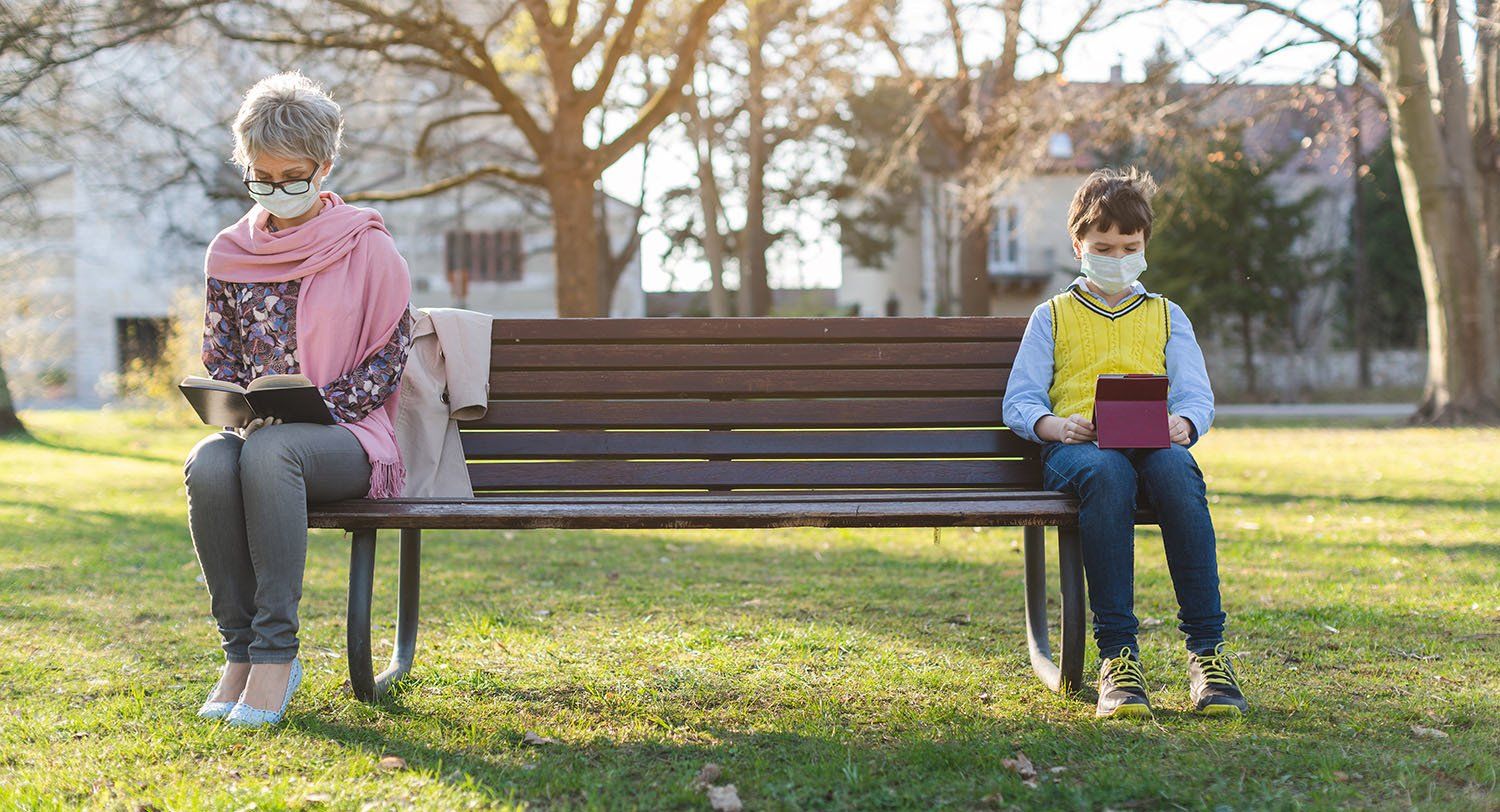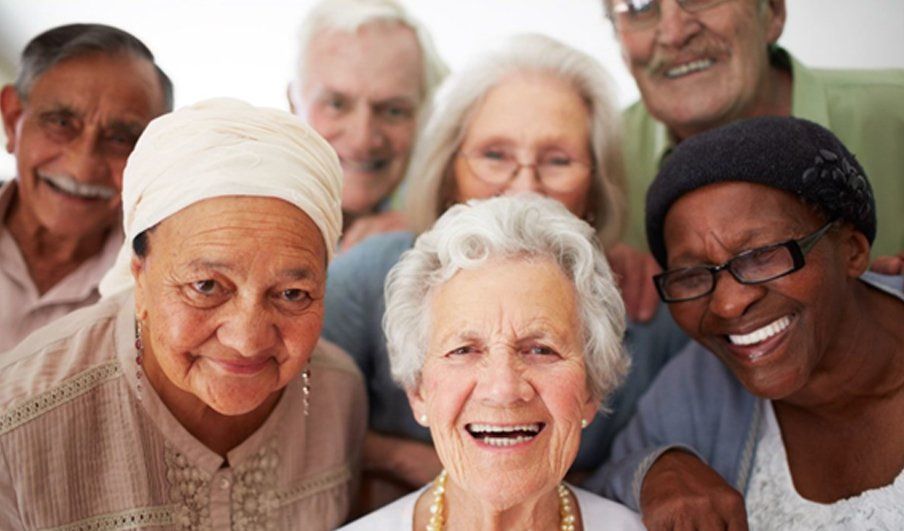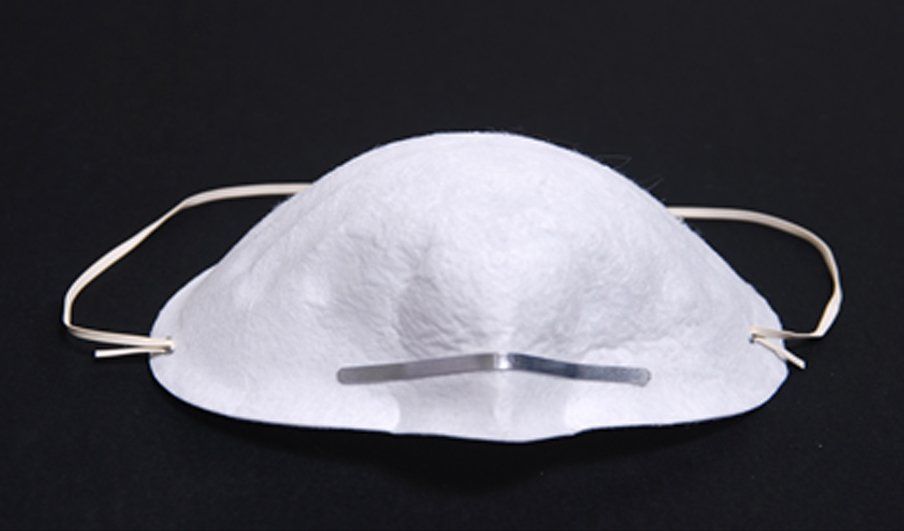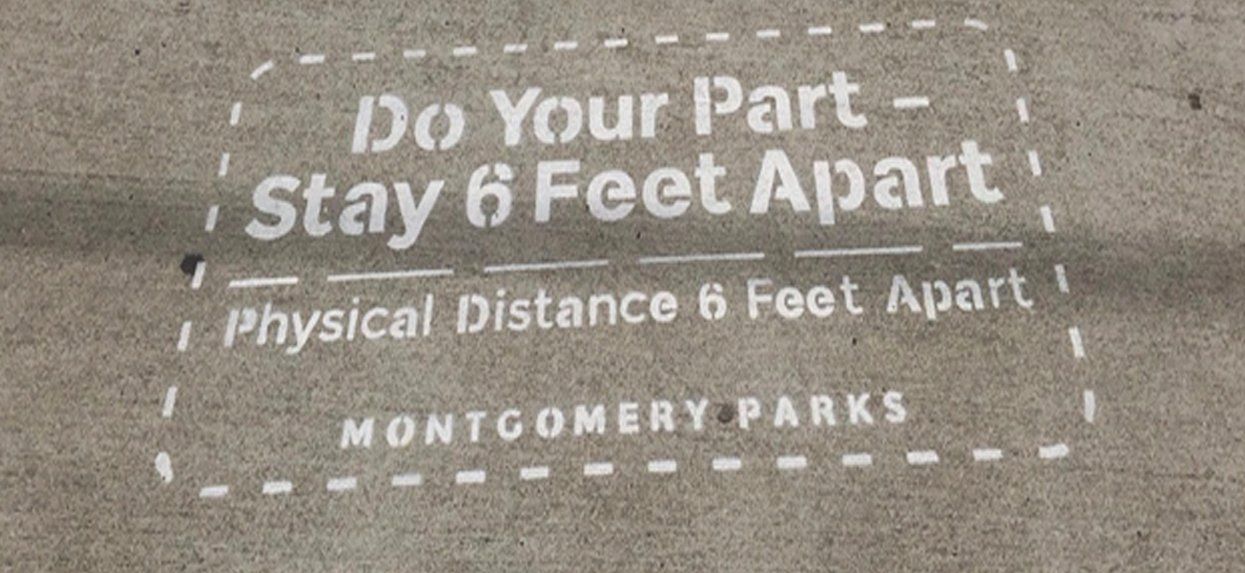Spring is in the Air: The Growing Epidemic of Older Adult Romance Scams
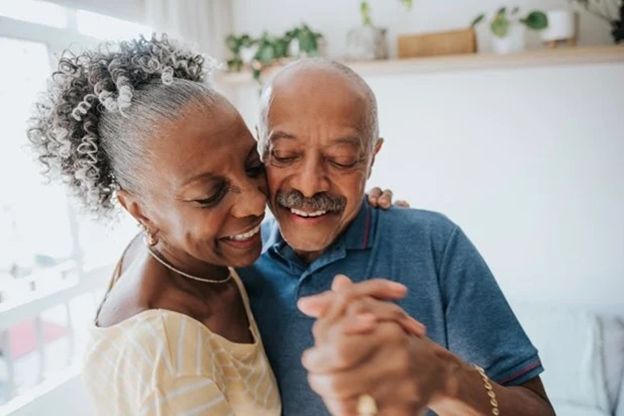
On gorgeous cool spring mornings, I walk in the surrounding neighborhoods. While walking yesterday morning near the local high school, I literally had to jump off the sidewalk to avoid a collision with two teenage boys engrossed in their cell phones with their heads down. While the world within our cells brings us news, entertainment and so much more, it also opens the door to a darker side of online romance scams. Social isolation is a prime factor in the prevalence of elder abuse. It is not unusual as our circle of friends and loved ones becomes smaller so that we reach out for companionship. Elder abuse is opportunity driven. Romance scams concentrate on the emotions and susceptibility of older adults, leaving them financially and emotionally devastated.
In romance scams, the relationship develops quickly. It is intensity driven. Your Facebook page is a prime source of information. Your Facebook page may reveal your favorite color or most frequented restaurant, along with pictures of your best four-legged friend. Social media is a window into your life. With good intentions, you connect to a personable individual who appears genuinely interested in you. Both of you have so much in common. The intensity grows rapidly. In a short period of time, maybe days or weeks, you are discussing plans for the future. Those plans could include traveling, sharing hobbies, and meeting the grandchildren posted on your Facebook.
Promises of a future together are classic moves to begin emotional manipulation to extract money or personal information. The scammer may ask for ticket money to come visit or for medical expenses that are unexpected. The scammer may weave stories of a sick relative into the conversation to plant sympathy and ask for help with expenses.
What makes these scams particularly devastating is the emotional toll they take on their victims. The discovery of the deception leaves older adults feeling heartbroken and ashamed. The betrayal of trust can have lasting psychological and physical effects, eroding our self-esteem and sense of security.
Here’s what we can do to interrupt and dismantle romance scams:
🚩 Know your red flags-Immediate compatibility; intense emotion, too good to be true, planning for a future together, questions about finances, escalating requests for money for a plane ticket to come visit, or family crisis. The conversation is more weighted to finding out about “you”.
🪜 Take concrete steps to avoid emotional trauma: Do not share too much personal information in the early stages of getting acquainted. Control who can befriend your Facebook account. Ask friends about their experiences with dating sites. Check the dating sites you are interested in for complaints or pending legal actions before signing up. Ask a friend for their opinion. When doubt emerges, disengage.
Orlene Grant, RN, BSN, MSN
Founder, President and CEO
Must Read Newsletter
Sign up for news and events
Newsletter
Most Popular
